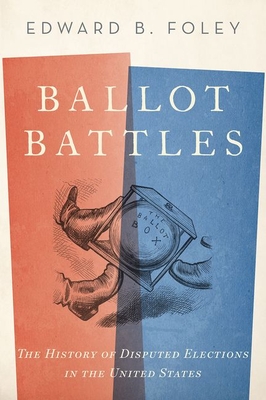Expedite your nonfiction book discovery process with Readara interviews, summaries and recommendations, Broaden your knowledge and gain insights from leading experts and scholars
In-depth, hour-long interviews with notable nonfiction authors, Gain new perspectives and ideas from the writer’s expertise and research, Valuable resource for readers and researchers
Optimize your book discovery process, Four-to eight-page summaries prepared by subject matter experts, Quickly review the book’s central messages and range of content
Books are handpicked covering a wide range of important categories and topics, Selected authors are subject experts, field professionals, or distinguished academics
Our editorial team includes books offering insights, unique views and researched-narratives in categories, Trade shows and book fairs, Book signings and in person author talks,Webinars and online events
Connect with editors and designers,Discover PR & marketing services providers, Source printers and related service providers

Ballot Battles: The History of Disputed Elections in the United States
History > United States - General
- Oxford University Press, USA
- Paperback
- 9780190865955
- 9.2 X 6.1 X 1.1 inches
- 1.85 pounds
- History > United States - General
- (Single Author) Asian American
- English
Readara.com
Book Description
Author Bio
Edward B. Foley holds the Ebersold Chair in Constitutional Law at The Ohio State University, where he also directs its election law program. He is a contributing opinion columnist for the Washington Post, and for the 2020 election season, he served as an NBC News election law analyst.
His most current book, Presidential Elections and Majority Rule (Oxford University Press, 2020), excavates the long-forgotten philosophical premises of how the Electoral College is supposed to work, as revised by the Twelfth Amendment to the U.S. Constitution, and then uses this historical analysis to provide a feasible basis for reform of state laws that would enable the Electoral College to operate according to majority-rule objectives it was designed to achieve.
His book Ballot Battles: The History of Disputed Elections in the United States (Oxford University Press, 2016) was named Finalist for the David J. Langum, Sr. Prize in American Legal History and listed as one of 100 “must-read books about law and social justice”.
As Reporter for the American Law Institute’s Project on Election Administration, Foley drafted Principles of Law: Non-Precinct Voting and Resolution of Ballot-Counting Disputes, which provides nonpartisan guidance for the resolution of election disputes. He has also co-authored Election Law and Litigation: The Judicial Regulation of Politics (Wolters Kluwer 2014).
During his fellowship at Stanford University’s Center on Democracy, Development, and the Rule of Law, Foley wrote Due Process, Fair Play and Excessive Partisanship: A New Principle of Judicial Review of Election Law, 84 U. Chicago Law Review 655-758 (2017), which was cited in briefs in Gill v. Whitford and Benisek v. Lamone (the Supreme Court gerrymandering cases). In addition to his Washington Post opinion columns, his op-eds and other essays have appeared in the New York Times, the Atlantic, Politico, and Slate, among other publications, and he frequently writes online commentary on election law issues of public interest.
Foley clerked for Chief Judge Patricia M. Wald of the U.S. Court of Appeals for the D.C. Circuit and Justice Harry Blackmun of the United States Supreme Court. He has also served as State Solicitor in the office of Ohio’s Attorney General, where he was responsible for the state’s appellate and constitutional litigation.
Professor Foley is a graduate of Columbia University School of Law and Yale College.
Education
BA, Yale University, History, 1983 (magna cum laude)
JD, Columbia University School of Law, 1986
Source: Ohio State University
Community reviews
No Community reviews





